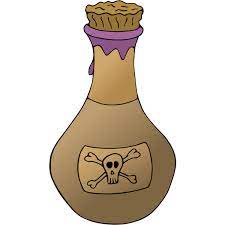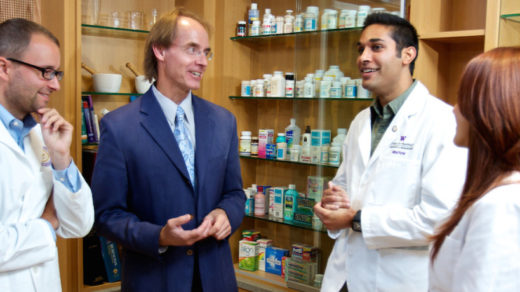
I recall my toxicology professor in college teaching us that “Everything is a poison. It all depends on the dose.” He was, I later learned, simply echoing the words of Paraclesus, the 16th century Swiss physician and father of toxicology who said “All things are poison, and nothing is without poison; the dosage alone makes it so a thing is not a poison.” In other words, in small amounts some things are not so harmful at all, but in larger doses they can kill.
The same thing is true, I believe, with respect to toxicity in the workplace. Every organization has small doses of toxic elements within it. A leader gets some bad news and reacts poorly. A distracted manager neglects to recognize some notable achievement by her staff. A co-worker is having relationship issues at home and allows that negativity to impact their communication with the team. It happens. But a truly toxic workplace exists when these things take on a more substantial part of the daily operation of the organization. The whole group begins to feel the impact of the poison rising to a level that threatens the health of everyone. Soon a lethal dose is reached, and people start to effectively “die” (quit, get depressed, lose productivity and passion) from the inescapable toxicity of their job.
So…just HOW toxic is the place you are working right now? The dose matters! Maybe you are thinking there are no toxins within your team whatsoever. I doubt that is true. If we are honest, there is a bit of poison in all of our souls. To quote an Old Testament prophet “the heart is deceitful above all things, and desperately wicked, who can know it? (Jer. 17:9)” I’m told the Hebrew word for “desperately wicked” is actually a medical word, meaning very sick, ill, or diseased. No person, however perfect they may appear, is without some of this pernicious poison. But the workplace becomes truly toxic when that bit of poison reaches a level to make most employees “sick.”
Here are a few things worth keeping an eye on within your own place of work:
Toxic Leaders: Your workplace is likely VERY toxic if you have a toxic leader in place. Their negative impact flows downstream throughout the team of managers and staff. In a very insightful article by Steven Applebaum and David Roy-Girard, the toxic leaders is described as “motivated by self-interest, has an apparent lack of concern, and negatively affects organizational climate. They glory in turf protection, fighting and controlling rather than uplifting followers.”
Toxic Managers: Your job is likely very painful if you work for a toxic manager. Toxic managers do significant damage because they work most closely with the front-line staff in many organizations. Their negativity influences team members who in turn end up exposing customers, patients, clients to that stream of poison which they endure. Roy Lubit, the author of several books on toxic workplaces and a faculty member of the Mt. Sinai School of Medicine, writes a good article entitled “The Tyranny of Toxic Managers.” In it he describes one type of toxic manager, the narcissist. “The classic narcissistic manager is grandiose. Grandiose managers are legends in their own minds. Preoccupied with their exaggerated accomplishments and grandiose expectations for the future, they expect others to hold them in awe.“
Toxic Culture: Toxic individuals, particularly in places of influence, can cause their poison to infect the whole culture of an organization. Like dead flies floating in a bottle of perfume (see Ecclesiastes 10:1), toxic people make everything around them smell bad. A Harvard Business Review article talks about the impact of a culture like this on the whole team: “…abusive work environments destroy important bonds between team members, which further results in reduced performance and citizenship behaviors, meaning that employees are less likely to help and support each other.”
So I return to my original question: Just HOW toxic is the place you are working? We all play a role in trying to immunize against this deadly poison in our place of work. Are we checking in with our teams regularly? Are we seeking to create a culture of openness, fairness, humility, grace and service? Do we communicate clearly, frequently and effectively? Are we modeling the behaviors we want to see in others? Do we show up every day at work striving to present the best version of ourselves as is possible? I’m sure I have a far way to go. But we owe it to ourselves, our teams and our patients (for those of us in healthcare) to spread healing, not toxicity, in this world that already has enough pain to go around.







